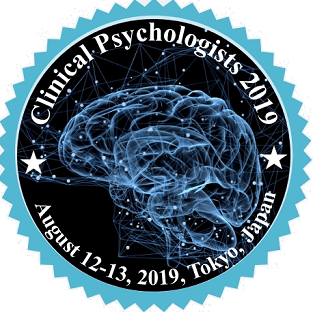
Sneha Goyal
National Institute of Mental Health and Neurosciences (NIMHANS), Banaglore, India
Title: Executive Functions, Affect Regulation, Social Cognition, and functioning in adults with Attention Deficit Hyperactivity Disorder
Biography
Biography: Sneha Goyal
Abstract
Adult ADHD in the population, is often underdiagnosed, misdiagnosed, have high comorbidity and significant impairments across domains. Sub clincial ADHD is far less recognized. Many have a long period of psychiatric treatment as adults before the ADHD diagnosis is made. Literature suggests that ADHD is a heterogeneous condition and subtypes are important- but likely to share core features. Further, individuals receive treatments for comorbidities, but not ADHD which has implications for treatment implications. In adults with ADHD co-morbidity is more often a rule than exception. Current treatment for adult ADHD are largely based on CBT and cognitive remediation. Meta cognitive therapy, mindfulness, and emotion regulation based therapy are only few and not guided by theory. Despite many studies documenting neuropsychological deficits in adult ADHD and its biological link to emotion regulation or social cognition, few have linked the variables together comprehensively. Barkley’s (1997) model of ADHD addresses the concern partly. Thus, understanding the variables that impact clinical manifestations and functioning, using a transdiagnostic approach is likely to result in a more unified approach to interventions. The presesnt data is a pilot study aimed at examining the core deficits in the population of adult ADHD (executive functions, affect regulation, and social cognition) in relation to functioning in various domains like biological, personal, interpersonal, financial, and work. It employs single group, cross sectional design, sample consists of 18- 45 year old adults, seeking services at NIMHANS, Bangalore. Results and implications for treatment will be discussed.

